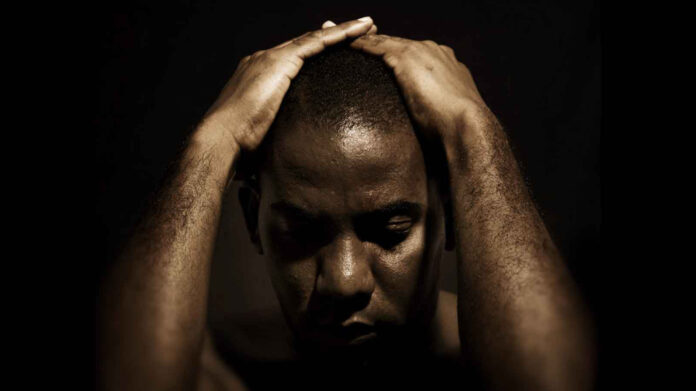
By Gemma Handy
Fear of stigma and ridicule continue to be cited as prime obstacles deterring men from reporting instances of sexual assault and violence against them – particularly when the perpetrator is a woman.
Less than one in 20 claims of gender-based violence received by the country’s Directorate of Gender Affairs between January and June this year were from males.
The agency’s director Jamie Saunders believes many more incidents are going unreported.
Of the 90 allegations made over the six-month period, just four were from men, he told yesterday’s Observer AM radio show.
“Men don’t really come forward a lot. The biggest reason for that is the stigma. They think if they go to the police they’re going to be laughed at or told to handle their business on their own,” he explained.
“At least two who came in said they had that fear.”
Two of the four men reported physical abuse, while the other two spoke of largely verbal attacks. While investigations were carried out, warnings given and psychosocial support extended, none resulted in convictions, Saunders said.
“That’s a concern men have. They make a report and put themselves out there but the result is not what they want in terms of the person being held accountable,” he continued.
Saunders said too many residents still believe that the Directorate of Gender Affairs’ remit is targeted towards women only. In fact, the body works closely with police and other local agencies to assist all groups of people, he said.
Alexandrina Wong, president of the NGO Women Against Rape whose services – despite the name – are also available to men and boys, said culture and notions of traditional gender roles can prevent males getting the help they need.
“When we look at the history of men and help-seeking behaviours, because of the ‘macho-ness’ that has been accredited to the man, he may have concerns about how he is seen by the health care provider and also the police to whom he is reporting abuse.
“We have heard they will say to him, what kind of man are you, you’re the head of the household, go back home and deal with this situation.
“Men are supposed to be protectors of their family and all of that psyche feeds into why men may or may not make reports,” she added.
Questions have also been raised about the legislative framework in place in Antigua and Barbuda to address the issue of sexual violence.
Saunders said the language used in the Sexual Offences Act generally refers to male perpetrators.
“It does cover statutory rape of a woman raping a young boy under the age of 16, but that’s about it. Our legal framework is not really compatible with the reality,” he said.
He continued that it was crucial to ensure that local policies as well as laws represent all members of society.
The directorate recently completed a draft document covering workplace harassment and discrimination, which has been sent to legislative authorities for consideration.
“We made sure the language in it is reflective of all people, not just women but also men, to ensure anyone experiencing harassment or discrimination at work receives the redress they require,” Saunders said.
“Everyone has a right to their sexual autonomy,” he continued. “Men also have the right to give consent and say no.
“Not because he’s a man does it mean he’s going to enjoy or accept all sexual advances – and that needs to be acknowledged and respected.”
Police spokesman Inspector Frankie Thomas told Observer reports by men of gender-based violence were infrequent but did occur “from time to time”.
“I know there are concerns coming from the male section of society about hesitation in reporting these types of reports but I would want to encourage them to come forward so they can receive help or be pointed in the right direction,” he said.
“It matters not the gender; we are open to dealing with every report in a professional and confidential manner.
“I want to appeal to males that if you are in a situation that you feel is abusive, you can always find help with the police or other social services that work along with the police.
“Staying in the shadows and not coming forward will not help,” Inspector Thomas added.
Saunders advised any victim of gender-based violence to keep a record of the details plus photos, text messages and other evidence.
Anyone in need of assistance is urged to call the directorate’s 24-hour crisis hotline on 463-5555.
